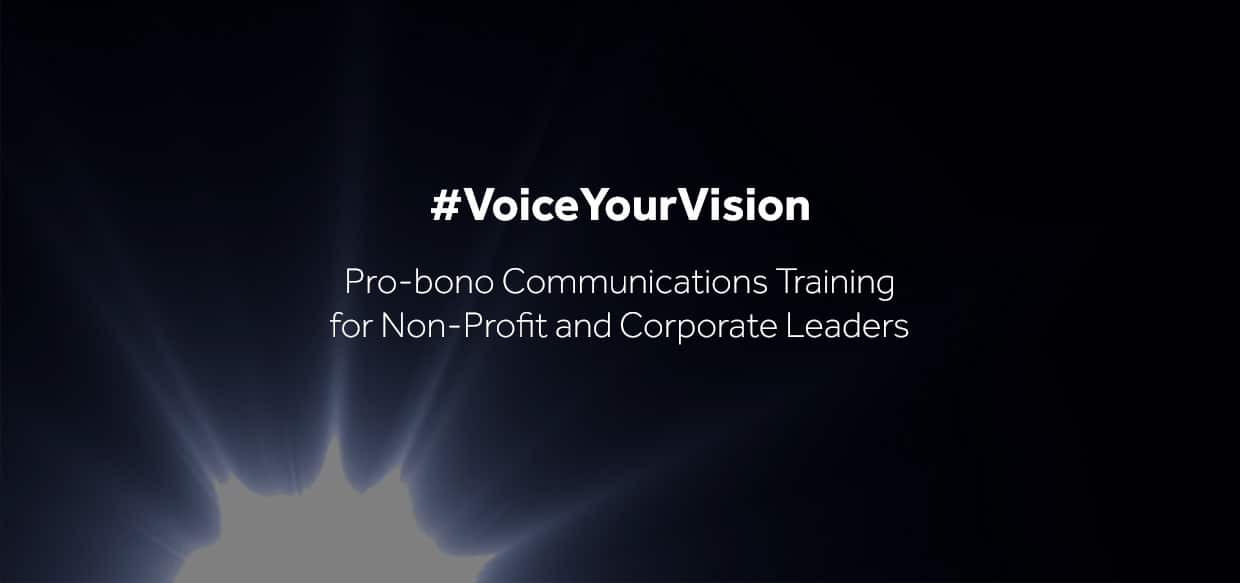
Sandpiper Launches Voice Your Vision Pro-Bono Communications Training 2024 Programme

India’s Crossroads: Navigating the 2024 General Elections
A Preview of Sandpiper Health’s Patient Advocacy Group Survey Report
April 2024

This article was contributed by the Sandpiper Health content team. Sandpiper Health is a specialist consultancy under Sandpiper Group, providing in-depth monitoring and analysis of the healthcare and life science sector, and helping pharmaceutical and medical technology companies, healthcare providers, patient and caregiver groups, as well as investors and professional organisations formulate effective stakeholder engagement strategies to achieve their business and communications objectives. To receive regular insights from Sandpiper Health on healthcare trends and policy updates in Asia Pacific, sign up to Asia Pacific Healthcare Outlook Monthly Newsletter.
In recent times, patient advocacy groups (PAGs) have become a key force in the global healthcare landscape, and their influence is growing within the Asia Pacific region.
Sandpiper Health recognises the emergence of PAGs as significant contributors to healthcare reforms, with their broadening influence underpinned by advancements in communication technologies and a growing understanding of the importance of patient-centred care.
Leveraging its sector expertise, Sandpiper Health has been actively involved in supporting PAGs through pro bono efforts for several years. We are very excited to have recently conducted a regional PAG survey, from which extensive findings will soon be published in a full report.
In this article, we highlight the role of PAGs and Sandpiper Health’s work to support them in the region. We also share several key findings from our upcoming report.
Patient advocacy groups in Asia Pacific
Composed of individuals directly affected by various medical conditions along with their caregivers, PAGs work to influence healthcare policies, research priorities, and the development of patient-centred care models. Drawing on unique insights gained from firsthand experiences, these groups are increasingly involved in healthcare management, highlighting the necessity of their participation for a more empathetic and effective healthcare system.
Long active in other regions, these groups are becoming increasingly important in healthcare discussions across Asia Pacific, with their input sought in the development of clinical guidelines, research initiatives, and healthcare service evaluations. This shift toward a collaborative approach ensures that healthcare delivery aligns more closely with patient needs and preferences.
The inherently sensitive nature of the issues tackled by these groups, coupled with the personal stakes involved, legal standards for advocacy, and cultural and societal pressures demand a balanced approach from PAGs in their efforts to improve healthcare. Emotional narratives can be powerful, but they must be complemented by strategic communication techniques to maximise impact. In consideration of these challenges, external support provided by organisations like Sandpiper Health is invaluable in enhancing the effectiveness of PAGs.
Sandpiper Health’s work with patient advocacy groups
For several years, Sandpiper Health has made a commitment to empowering patient groups in the Asia Pacific region, initiating pro bono projects aimed at bolstering communication and media engagement skills. Our work across Singapore, Hong Kong, and Beijing has brought together a diverse array of PAGs, offering them tailored training sessions to refine their messaging and media interaction capabilities. These initiatives not only improve the visibility of these groups but also amplify their voices, enabling them to advocate more effectively for their causes.
Our PAG training sessions aim at equipping participants with the skills needed to effectively communicate their missions and advocate for their causes. In 2022, Sandpiper Health proudly conducted media training in Singapore for organisations like the Singapore Cancer Society, which later expanded to other locations to include groups such as Rare Cancer Australia, broadening its support for patient advocacy across the healthcare spectrum. This support carried over to Hong Kong, when Sandpiper aided the North District We Care Dementia Charitable Foundation in addressing dementia concerns, resulting in substantial media outreach. In Beijing, training sessions for entities such as the AiYou Foundation were designed to boost media engagement skills through practical exercises and mock interviews.
Through these activities, Sandpiper Health has demonstrated a continuous commitment to enriching PAGs with the tools necessary for impactful communication and advocacy. By sharing our sector-specific expertise, we believe we have enabled them to better navigate the media landscape more effectively, crafting compelling narratives and establishing stronger relationships with journalists. The positive feedback from participants underscores the value of these initiatives, highlighting an enhanced ability to manage communication, particularly in the digital age where online presence and engagement are crucial.
A preview of our patient advocacy group survey report
Continuing these efforts, in 2024, Sandpiper Health has conducted a unique-in-the-region survey of PAGs in Australia, Hong Kong (SAR), Mainland China, and Singapore. Key insights include:
- Healthcare access: The survey findings pinpointed affordability, inadequate insurance coverage, and social disparities as key barriers to healthcare access. Patients reported significant challenges in navigating insurance options and facing denial for pre-existing conditions, exacerbating the financial strain of accessing care. Disparities in healthcare access were evident, with wealthier individuals in places like Mainland China and Singapore enjoying better access to services and treatments, while ethnic minorities in Hong Kong faced language barriers. Additionally, the quest for reliable health information often led patients to support groups, as the internet’s vast yet inconsistent information pool and the intricate nature of certain medical conditions left many respondents feeling inadequately informed and vulnerable to misinformation.
- Digital health services: 59 percent of PAGs surveyed, particularly those in Singapore and China, face challenges with digital health services, including insufficient opportunities for informed participation in healthcare decisions, despite the potential of telemedicine and health apps. The lack of digital literacy, privacy concerns, and the need for more customised and supportive services were highlighted as significant barriers to effective use. To enhance accessibility, survey answers underscore the importance of education, communication and culturally tailored solutions, suggesting that personalised communication and support systems can empower patients. Despite advancements, 45 percent of PAG respondents note a lack of successful initiatives addressing these issues, indicating a gap in meeting patient needs within the Asia-Pacific healthcare landscape and the need for continued improvement.
- Industry engagement: Survey respondents highlighted the pharmaceutical industry’s role in driving healthcare innovation, particularly through research and development, as its most significant contribution to patient welfare. However, they also called for a more pronounced commitment to addressing unmet medical needs, suggesting proactive engagement with governmental bodies, the implementation of discount programs, and increased efforts to make treatments more accessible, especially for marginalised groups. Concerns were raised about the industry’s transparency in drug pricing and the involvement of patient organisations in the drug development process, with a consensus on the need for greater openness and collaboration between pharmaceutical companies and patient advocacy groups to ensure the development of patient-centred therapies, services, and educational initiatives, particularly for rare diseases.
- Meeting patient needs: A significant portion of PAG respondents, over 80 percent, view the pharmaceutical industry’s approach as patient-centric, with 85 percent not encountering ethical conflicts in their collaborations, suggesting a generally positive interaction. Despite recognising some conflict between commercial motivations and patient needs, these groups acknowledge industry efforts to enhance drug accessibility, involve patients in decision-making, and invest in research. Nearly 70 percent advocate for a more patient-centred industry, emphasising the need for innovative solutions to unmet medical needs. Calls for closer collaboration are significant, with over 80 percent insisting on involving PAGs from early in drug development to better align outcomes with patient needs. This consensus points toward a desire for a more integrated approach, where patient insights guide pharmaceutical innovation and strategies, aiming for improved care and patient satisfaction.
Looking ahead
To unveil the full insights from our survey findings, stay tuned for the launch of the report. Sandpiper Health is committed to deepening its collaboration with PAGs, leveraging feedback and insights from past initiatives to offer even more impactful support. This ongoing effort promises to further empower these groups, driving positive changes in healthcare policies and practices across the region. Biopharmaceutical MNCs are well advised to stay up to date on the latest PAG activities across the Asia Pacific region, exploring potential synergies that offer great mutual benefit.




